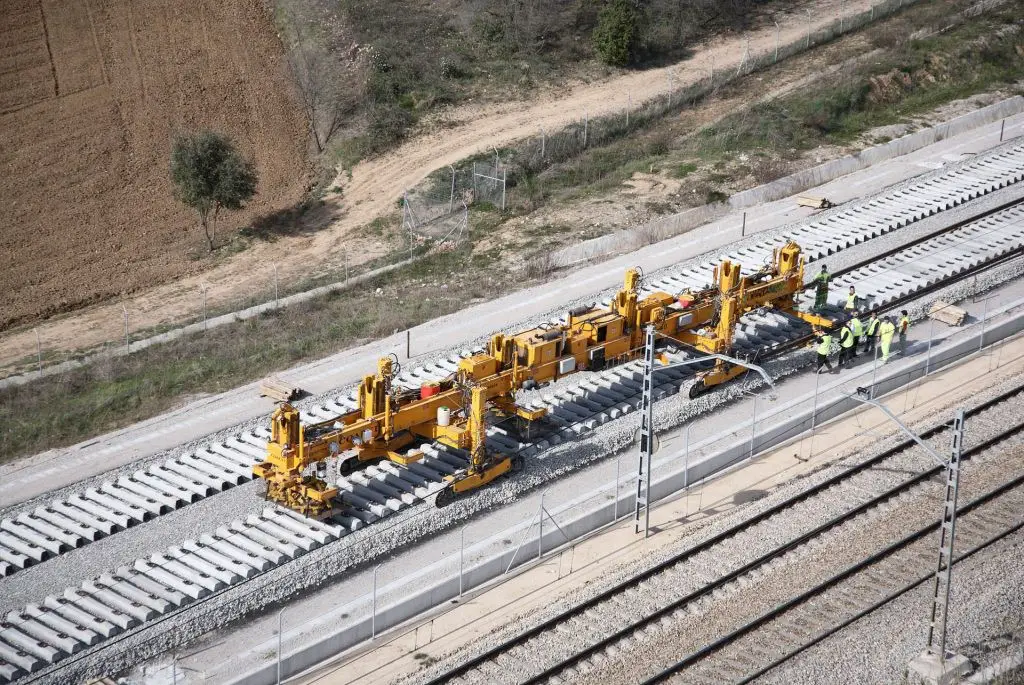Vitoria-Gasteiz logistics platform in Jundiz, Spain, is being equipped with rail signaling and telecommunications systems. Thales is carrying out the work. The firm obtained this contract from the Spanish rail infrastructure authority Adif in June of last year.
The project is funded by NextGenerationEU funds from the European Union. It will assist in converting the buildings into a vital logistics hub for the Atlantic corridor for European freight transport. This is as well as boosting line capacity and enabling train management. Furthermore, the improvements will aid in efficient station management.
Thales will use cutting-edge solutions to replace the existing electrical interlocking system as part of the project. The company will also update safety equipment and modify the signaling at the collateral stations.
Read Also: Contract awarded for Parsellen residential project in Lillestrøm, Norway
Vitoria-Gasteiz logistics platform in Jundiz work towards Spain’s sustainable development goal
The project will boost the track yard’s capacity to support the operation of 750m trains. To eventually connect with the standard gauge track of the Atlantic Corridor, some of the way will also be fitted with a third rail.
Work on the Vitoria-Gasteiz logistics platform in Jundiz will include the installation of new LED signals for equipment and field wiring. They will have their respective Automatic Braking and Announcement of Signals (ASFA) digital beacons. The train detection equipment will also be built on the axle counter system Az LM. The Miranda de Ebro center’s Centralised Traffic Control (CTC) will be integrated with the new interlocking system.
The axle counters installation with Thales technology will support safe rail operations. This is by identifying the occupation, presence, and departure of trains in a particular region and on a given track gauge. The development of dependable, sustainable, resilient, and high-quality infrastructures is the goal of Sustainable Development Goal 9 (Industry, Innovation, and Infrastructure), which Spain is working to achieve. This goal was adopted by the UN General Assembly in 2015.

Leave a Reply